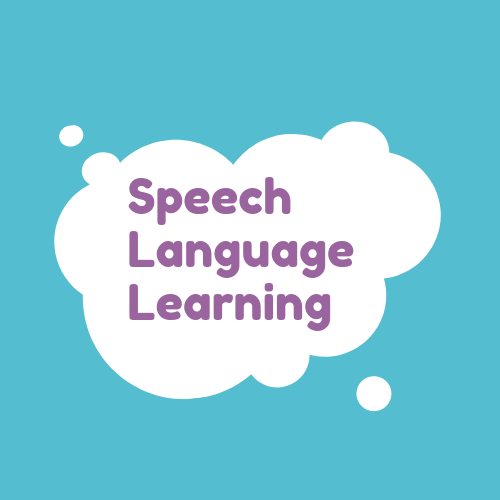Speech and Language Therapy for Stroke Survivors
Speech-Language Pathology, also known as Speech and Language Therapy, plays a vital role in the recovery of stroke survivors. Stroke is a medical condition that occurs when the blood flow to the brain is disrupted, leading to damage in various areas of the brain. This damage often results in difficulties with communication and speech production, making it challenging for stroke survivors to effectively express themselves and engage in conversations. Speech and Language Therapy is specifically designed to address these communication impairments and help stroke survivors regain their ability to communicate effectively.
One of the primary goals of Speech and Language Therapy for stroke survivors is to improve speech production. Many stroke survivors experience aphasia, a language disorder that affects their ability to formulate and articulate words and sentences. Speech-Language Pathologists work closely with these individuals, using various techniques and exercises to stimulate the damaged areas of the brain responsible for language production. These therapies may include repetitive drills, phonetic exercises, and even the use of assistive devices. With consistent therapy, stroke survivors can gradually regain their speech abilities, enabling them to communicate with their loved ones and healthcare professionals effectively.
Additionally, Speech and Language Therapy also focuses on aphasia management. While some strokes result in complete loss of speech, others may cause partial loss or difficulties in finding the right words. Speech-Language Pathologists provide strategies and techniques to help stroke survivors compensate for these communication challenges. For instance, they may teach individuals to use alternative communication methods such as gestures, writing, or even assistive technology devices to express their needs and thoughts. These techniques empower stroke survivors to maintain their independence and participate actively in daily activities.
Moreover, Speech and Language Therapy addresses swallowing difficulties, known as dysphagia, commonly experienced by stroke survivors. Dysphagia can lead to various problems such as choking, malnutrition, and aspiration pneumonia. Speech-Language Pathologists assess the individual’s swallowing abilities and implement appropriate treatments to improve safety and efficiency during meals. They may recommend specific swallowing exercises or modifications to the diet and feeding techniques to ensure stroke survivors can consume food and liquids safely.
In conclusion, Speech and Language Therapy, also known as Speech-Language Pathology, is an essential component of stroke rehabilitation. It focuses on improving speech production, managing aphasia, and addressing swallowing difficulties in stroke survivors. With the guidance and expertise of Speech-Language Pathologists, stroke survivors can overcome communication challenges, restore their ability to communicate effectively, and regain their quality of life. If you or someone you know has suffered a stroke and is struggling with communication difficulties, seeking the assistance of a Speech-Language Pathologist can significantly enhance the recovery journey.
************
Want to get more details?
Speech Language Learning, PLLC
https://www.speechlanguagelearning.net/
(802) 551-1230
1103 Cortelyou Road, Brooklyn, NY 11218

